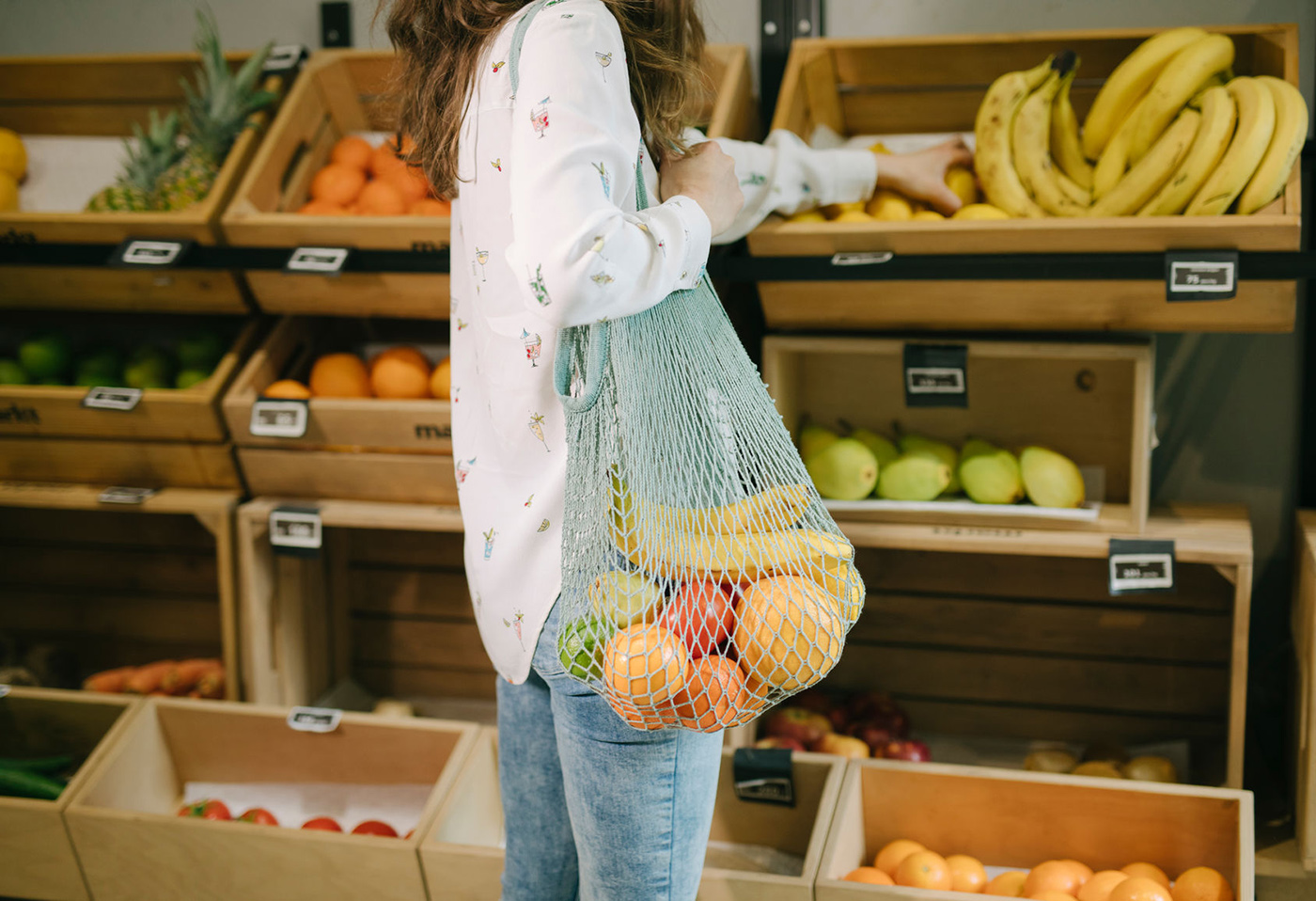“It’s not easy bein’ green,” crooned Kermit the Frog/Jim Henson, way back in 1970. And he was right – then.
The Green Movement was only in its genesis. At that point, if Kermit had not only wanted to make peace with his skin colour but also to embody eco-friendliness, he may not have even known where to begin.
Almost 50 years later ‘bein’ green’ is quite simple, and thankfully we’re all on board for doing a little bit of good today for the sake of tomorrow.
Sometimes we just need a bit of a reminder to keep making little improvements we can build on, to consider our products’ origins as well as their destinations, and ultimately, to make better choices as a consumer. A great place to do this is in the kitchen.
The kitchen: the heart of the home
Home is where the heart is, and the heart of your home is often the kitchen. It’s where you make dozens of daily decisions about what will go onto your shelves and into your next meal, and what you’ll do with what’s left at the end of it.
It’s usually the entry point for groceries and cleaning products, and often the last place your rubbish goes before it leaves the house.
Five ways to create a clean, green kitchen:
1. Tweak the way you shop

Fresh is best. Whether you’re shopping in store or online, fill your trolley with fruit and vegetables in the produce section rather than the frozen aisle.
Use string bags to allow your produce to breathe – reducing plastic usage at the same time – and don’t forget your non-plastic re-usable shopping bags for the rest of your groceries!
Opt for organic food when possible. It’s the safest bet for you and your family, and you’ll also be supporting local farmers and manufacturers who are producing food with optimum flavour and health benefits, as it’s made the natural way.
Tip: Buying organic food in bulk will help counterbalance the extra expense.
2. Tweak the way you cook

Bring the outside in by instigating a herb garden in your kitchen.
Herbs are a sensory treat – they look, smell and taste great, and provide extra vitamins to boot. Get the kids involved with the planting and watering and the herbs will provide an exciting educational experience too – they’re a simple, tangible way to get back to grass roots.
Spend a little longer planning your meals. Not only will you eat a more balanced diet, you’ll save time and money – no more emergency outings to the shops – and you’ll cut down on food wastage.
Tip: Food writer Sophie Gray has plenty of great advice around efficient use of both time and ingredients in her destitute gourmet cookery books.
“When preparing vegetables for dinner, make a veggie stock to use in risotto or soup. Make double the recipe and freeze the extra. Take advantage of seasonable surplus. Freeze vegetables and suitable fruits for later use…”
A little bit of forethought goes a long way.
3. Tweak the way you store and serve

Opt for glass storage jars in the pantry and keep refrigerated food fresh with beeswax wraps. Choose bamboo plates and cups for the kids, and long-lasting stainless steel-straws.
Let your dinner table be a celebration all things organic: think rattan or linen placemats and wooden serving dishes and utensils, set off by a ceramic centrepiece.
4. Tweak the way you clean

The ingredients you use to clean your kitchen with are just as important as the ingredients you put in your meals, and should be just as nourishing.
It can be really hard to understand the ingredients in cleaning products, so ecostore have worked hard to ensure all their products – right down to dishwashing liquid and tablets – are products you can trust. Everything they make is plant and mineral based – safer for you, your family and our world.
Tip: For a deeper understanding of what ecostore put into their products – and what they leave out – check out their ingredients index.
5. Tweak the way you dispose

Instead of sending your fruit and vegetable scraps, old bread, teabags and coffee grounds to landfill, compost it at home.
Check out the compost collective to learn how a worm farm, Bokashi system or a simple compost bin can easily turn your household waste into a valuable resource that can feed your garden or even your pot plants.
For more information visit ecostore.


